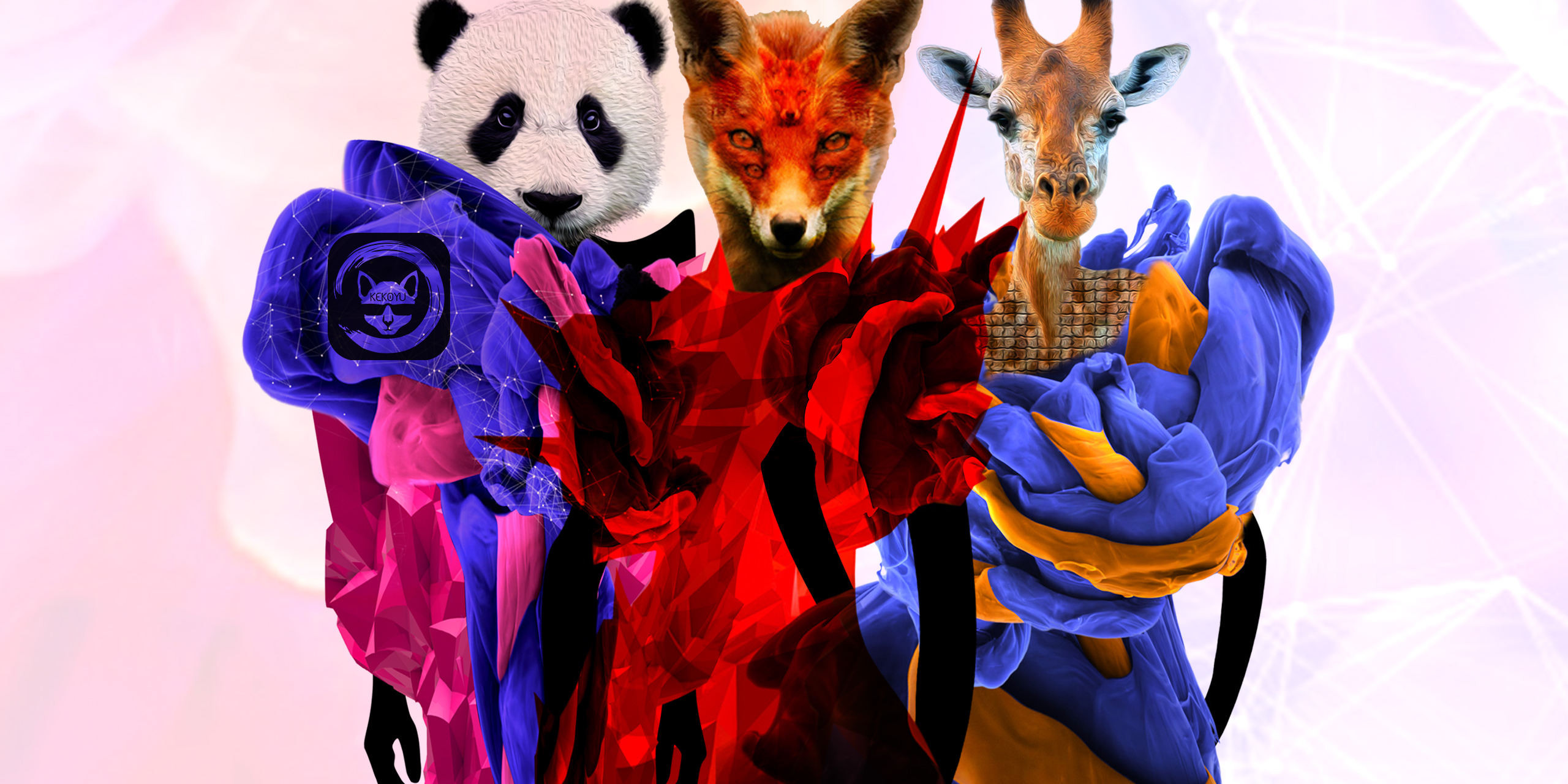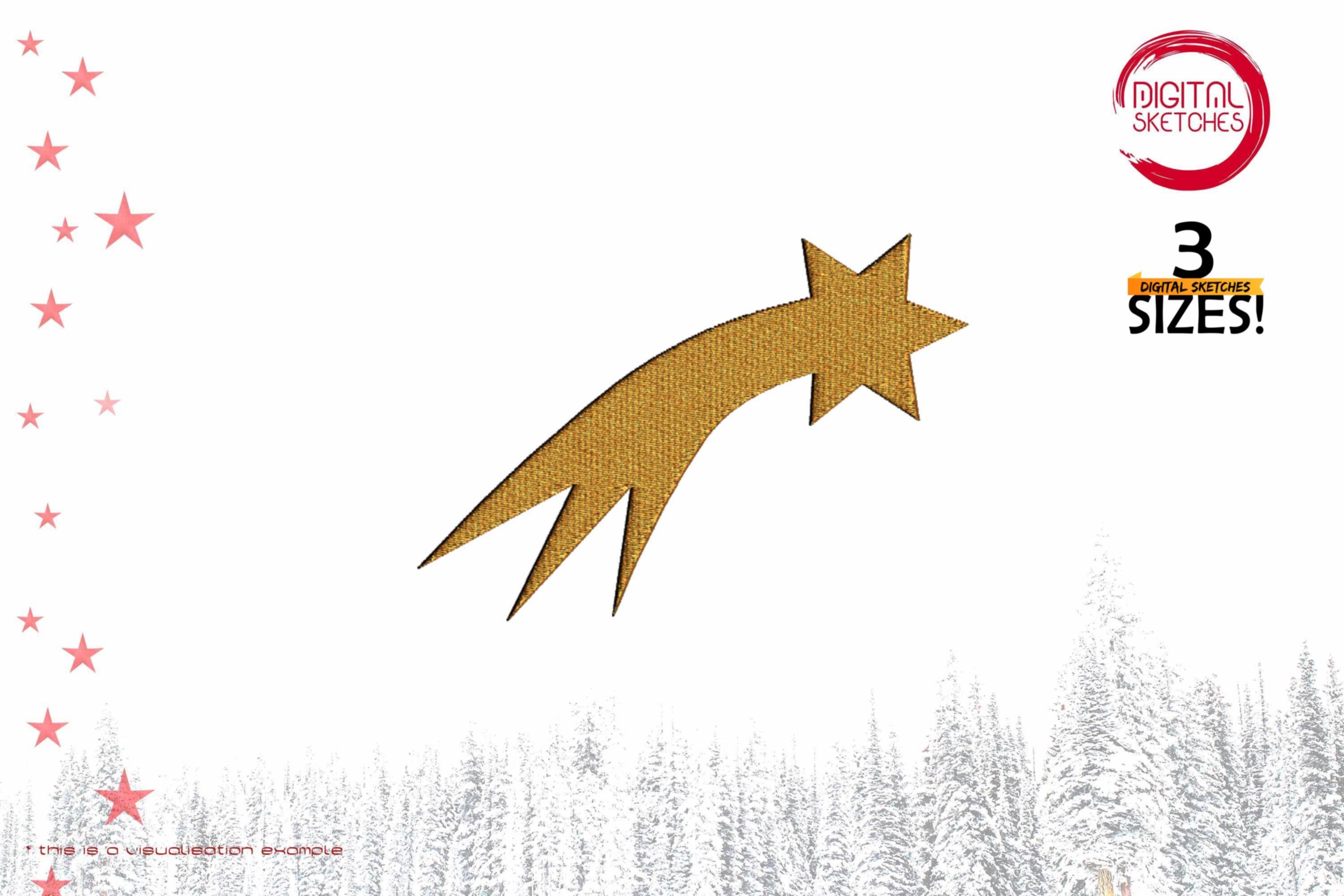US$1.10*
% US$4.40* (75% saved)Free shipping
That almost all self-luminous celestial bodies visible to the naked eye are Sun-like objects that appear point-like only because of their far distance is one of the most important findings of modern astronomy. About three-quarters of stars are part of a binary or multiple star system, and many have a planetary system. Stars formed together more often form star clusters. Under favorable conditions, several thousand stars can be distinguished by unaided vision. They all belong to the same galaxy as the Sun, to the Milky Way, which consists of more than a hundred billion stars. This galaxy belongs together with its neighboring galaxies to the Local Group, one of thousands and thousands of galaxy clusters.
Stars are formed from gas clouds - in certain regions (H-II region) from gaseous molecular clouds - by local strong compression in several phases. They are held together by the gravity of their own mass and are therefore approximately spherical. While a star's interior is several million degrees hot (in the case of the Sun's core just under 16,000,000 Kelvin), the surface temperature of most of them is about between 2,000 K and 20,000 K (in the case of the Sun's photosphere just under 6,000 K); white dwarfs, as exposed stellar cores, can reach temperatures of up to 100,000 K at their surface. Not only does intense radiation such as light emanate from the glowing stellar surface, but also a stream of charged plasma particles (stellar wind) travels far into space, forming an astrosphere.
Stars can differ considerably in mass and volume, as well as in luminosity and color; in the course of a star's evolution these properties change. An orienting classification of stars becomes possible with the two characteristics absolute brightness and spectral type alone. The properties of stars are also of importance in the question whether a planet orbiting them could carry life or not (see habitable zone).
Product Number: E00095
Product Name: Star
Size: 4.71"(w) X 3.31"(h) (119.6 X 84.2mm)
Size: 5.81"(w) X 4.08"(h) (147.5 X 103.6mm)










